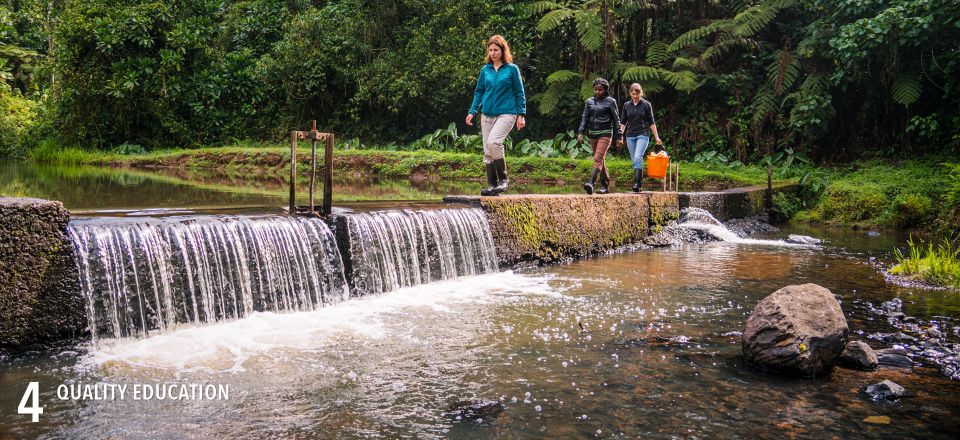Hypothesis development, a key step in the scientific method involving the formulation of testable assumptions, is fundamental to the United Nations' Sustainable Development Goals (SDGs). It plays a crucial role in SDG 9 (Industry, Innovation, and Infrastructure), facilitating scientific research and technological development that drives sustainable industrialization. Hypotheses underpin the evidence-based strategies necessary for implementing and tracking progress towards all SDGs, including SDG 3 (Good Health and Well-being), SDG 13 (Climate Action), and SDG 14 (Life Below Water). Hypothesis testing helps us understand complex systems and inform decision-making. It also has a place in SDG 4 (Quality Education), where fostering critical thinking and scientific reasoning skills in students equips them to understand and engage with the SDGs effectively.
Partner content
United Nations University
The new 2030 sustainable development agenda is likely to dominate policy and academic debates at both national and international levels over next 15 years and beyond. It is, therefore, a crucial time to critically reflect how the SDGs are likely to shape - and be shaped by - the wider research community. Each peer-reviewed paper will address the common question of: “how is the SDG agenda influencing scholarly debates in different research areas, and vice-versa?”.
Food Nutr Res. 2019 May 9;63. doi: 10.29219/fnr.v63.3410. eCollection 2019.
Developing-developed world partnerships potentially present win-win opportunities for addressing climate-active gas emissions at lower cost whilst propelling developing nations on a lower-carbon trajectory, as carbon emissions, capture and storage are geographically independent. Expanded PES (payment for ecosystem service) principles provides a framework for assessing the transparency and efficacy of partnerships, tested on the model developed by The Converging World (TCW).

